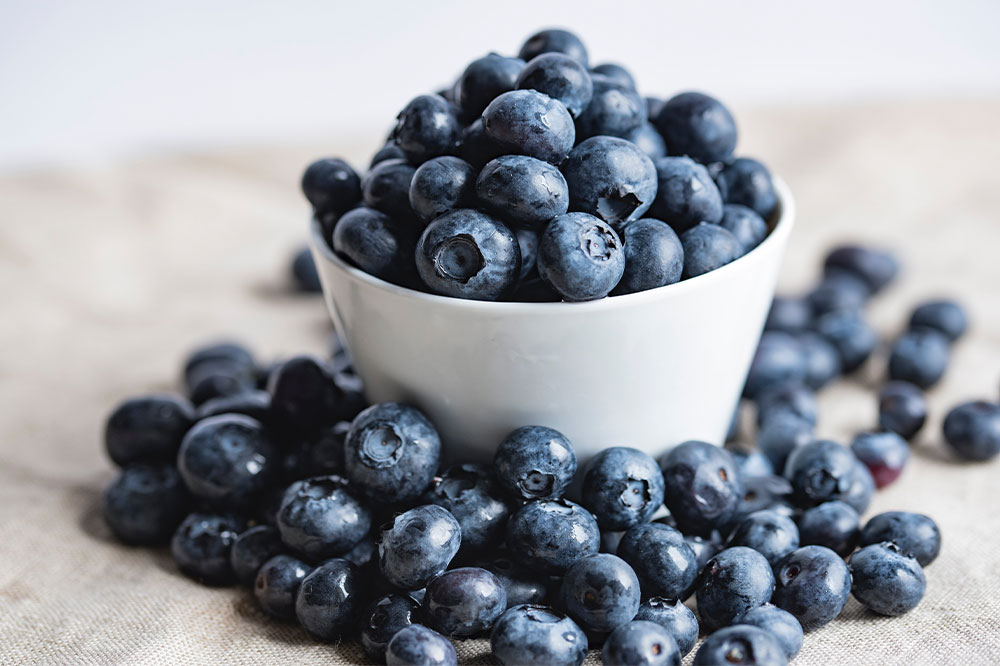
health
11 household items that can increase the risk of cancer
Unknown to you, several carcinogenic substances could be hiding within your home. A carcinogen can be anything that causes cancer. It can be present in the air, in a regular product, in beverages and foods, or it can be released from several appliances, furniture, and other items in your home. Being exposed to these substances doesn’t necessarily mean you will have cancer. However, prolonged exposure can increase the risk of the condition. Household items that can increase cancer risk Carpets In most cases, carpets are made from synthetic fibers. These fibers are usually chemically treated and recess gases over time. These gases can contain toxic substances that increase the risk of hormonal imbalance, respiratory problems, and cancer. Also, you may have observed a distinct smell when you bring home a brand-new carpet. Although most people attribute this smell to the newness of the carpet, these smells are actually from chemical compounds linked to several health disorders. Sofas If your sofa was manufactured before 2013, it’s time to get rid of it. This is because, before 2013, several cushioned household items, such as sofas, love seats, and so on, were treated with TDCIPP. It is a chemical that works as a flame-retardant.
Read More 















